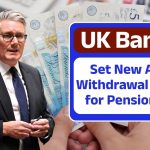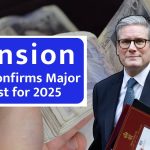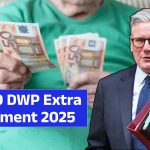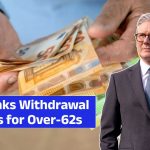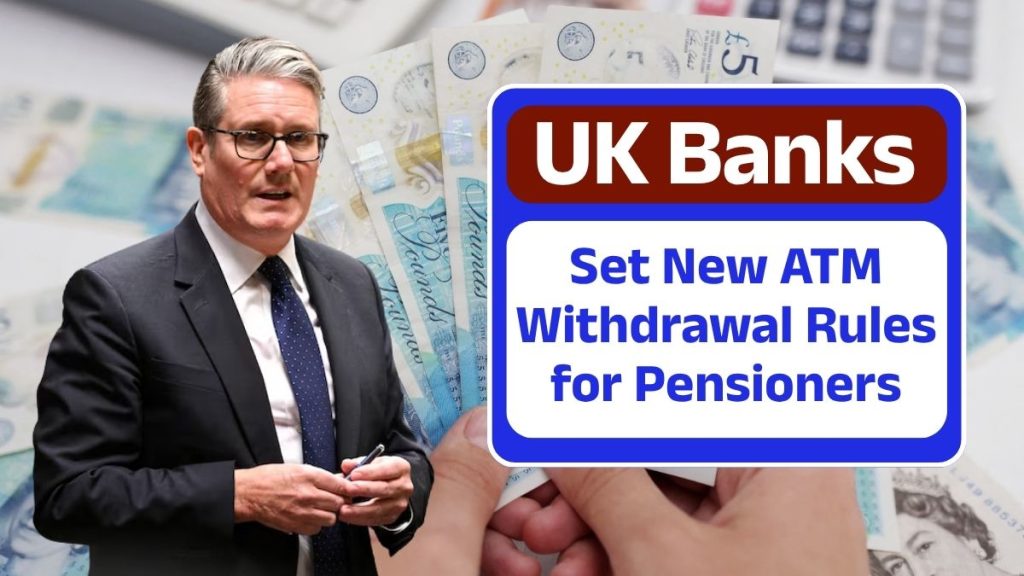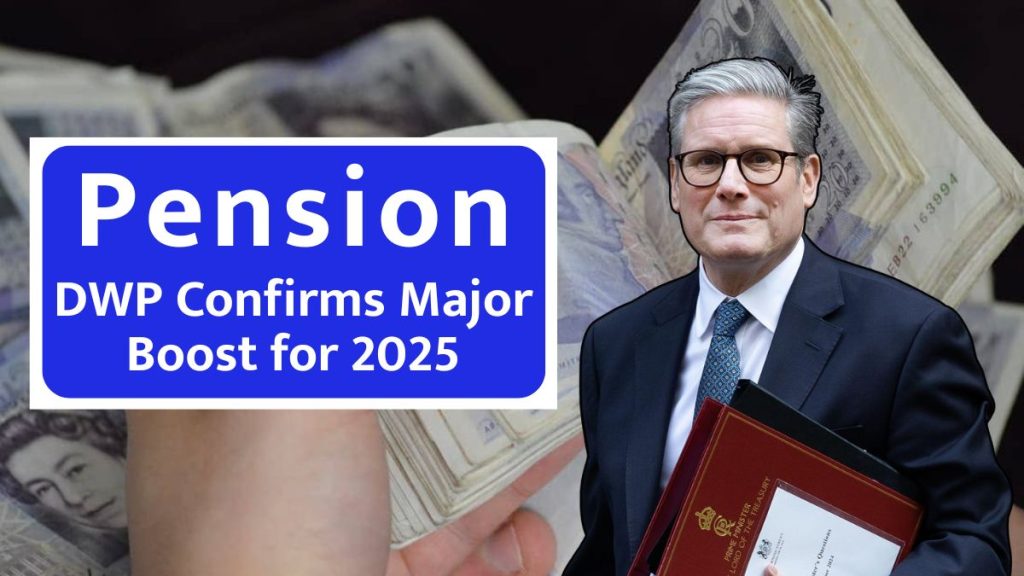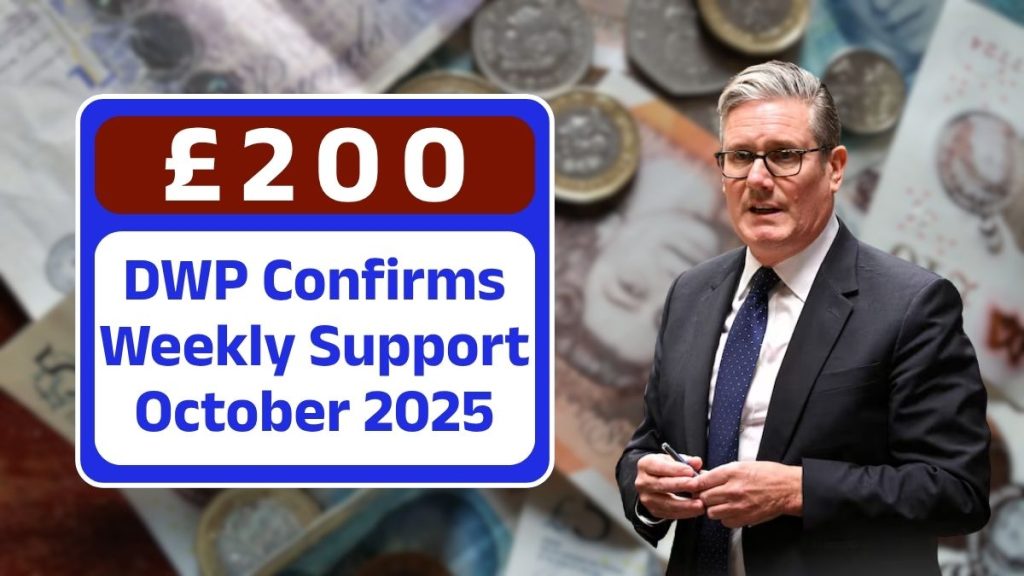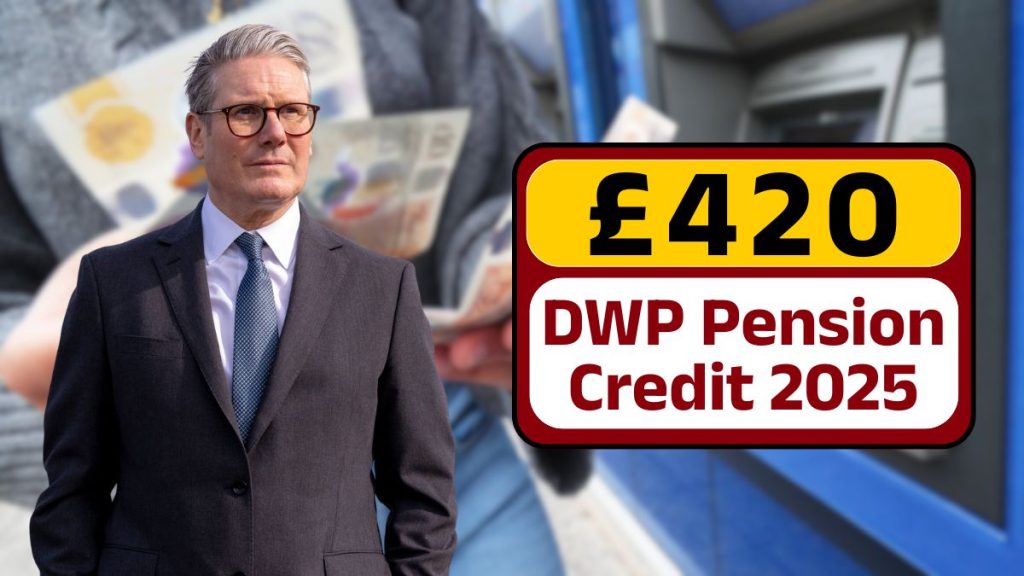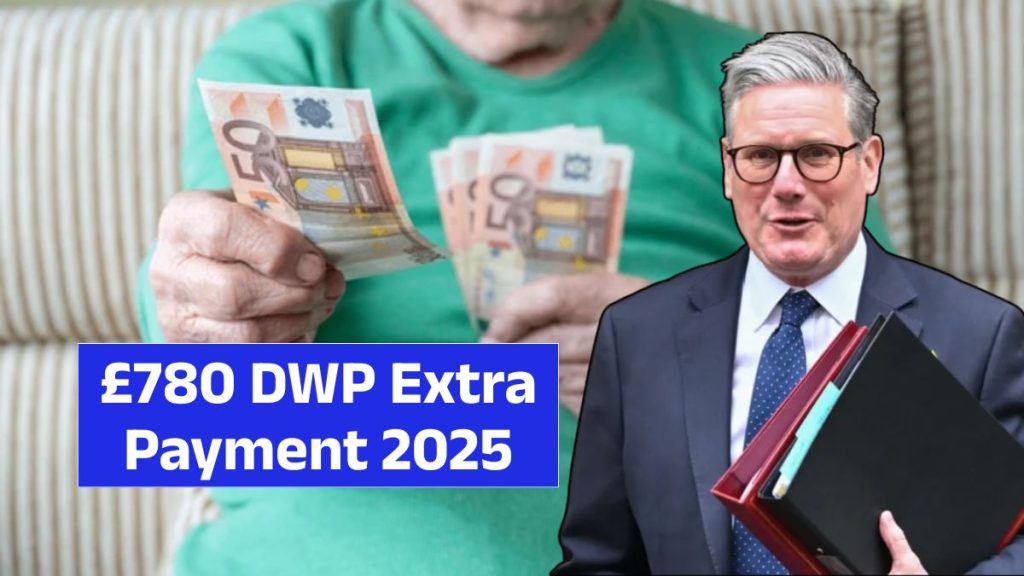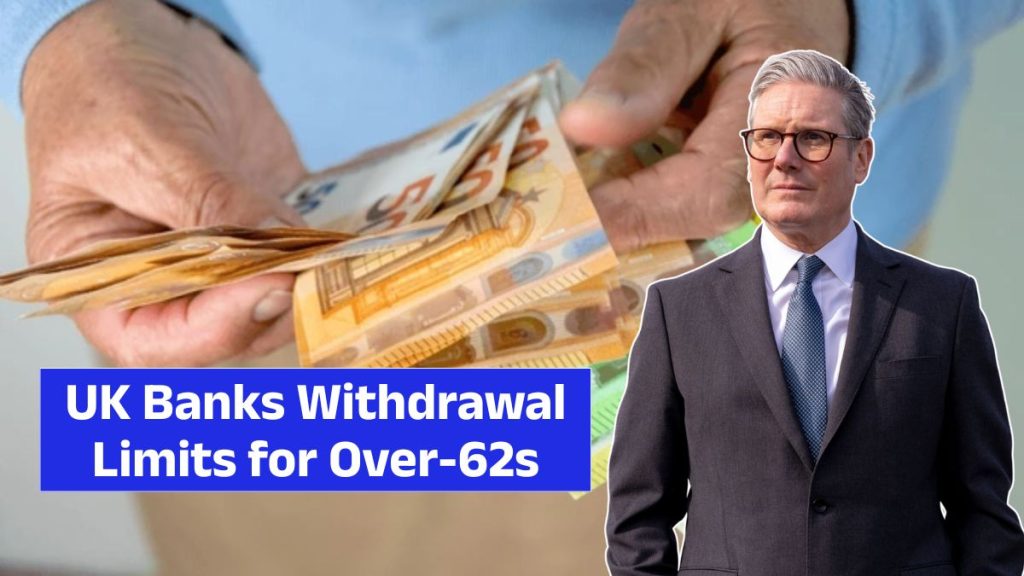Hello and welcome! If you are a pensioner or approaching retirement age in the UK, there’s fantastic news you need to know. The UK Government has approved free TV licences for all pensioners, ending years of debate and frustration. This landmark move, expected to benefit millions of elderly citizens, comes as households face growing pressures from rising food, housing, and energy bills.
What Is a TV Licence and Why Does It Matter?
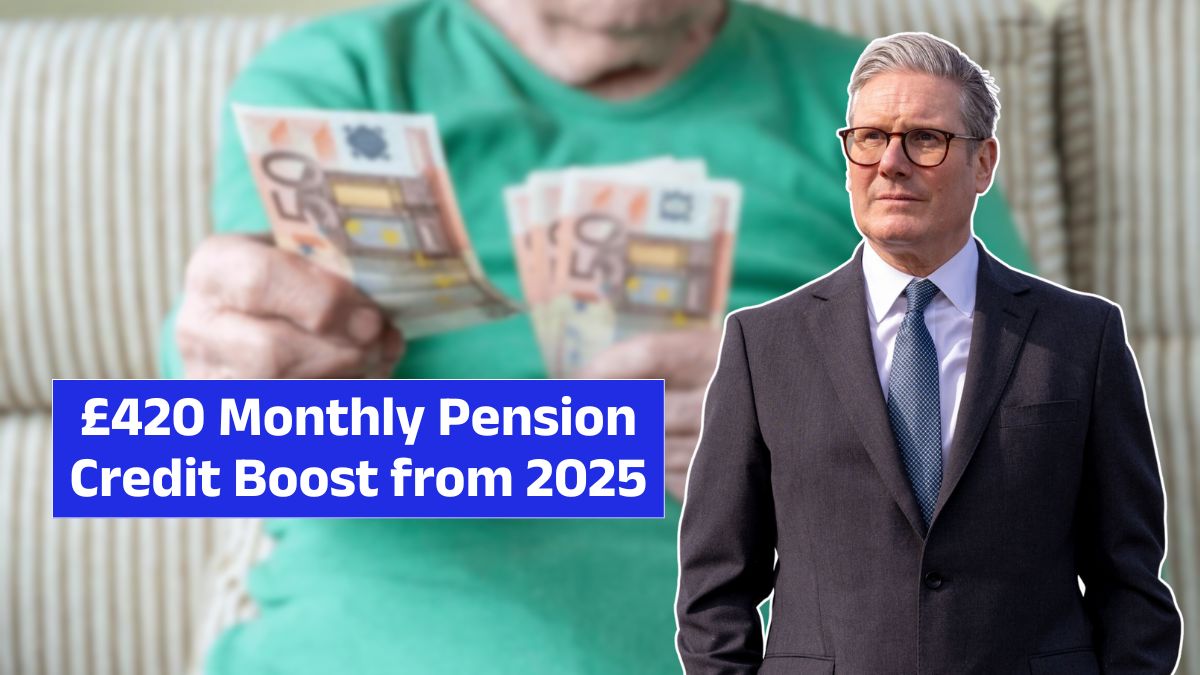
A TV licence is required in the UK if you watch or record live television or stream BBC iPlayer. The current annual cost is £159, which many elderly people on fixed pensions have struggled to afford.
Previously, free TV licences were only available to households with someone aged 75 or over receiving Pension Credit. This left thousands of pensioners just above the income threshold excluded, leading to criticism and public backlash.
What Has Changed with the New Rules?
The government’s new decision makes all pensioners eligible for free TV licences, regardless of income or benefits status. Key points include:
- Applies to all UK residents aged 75 and above.
- No means testing – no need to prove low income or claim Pension Credit.
- Covers the full cost of the £159 annual fee.
- Funded directly by the government, not the BBC.
This simple, universal approach has been welcomed as a fair and inclusive policy that removes confusion.
When Will the Scheme Start?
The free TV licence scheme begins in April 2025, aligning with the new financial year.
For those who have already paid for a licence extending beyond April, the government is expected to offer refunds or credits, ensuring no pensioner loses out.
Who Qualifies for the Free TV Licence?
The eligibility rules are clear and straightforward:
- You must be aged 75 or over.
- You must have a UK residential address.
- The licence will cover your entire household, including a spouse or partner living with you.
Unlike the older system, this is universal—no application of income thresholds or means testing.
How to Apply for a Free TV Licence
The government aims to keep the process as simple as possible:
- Automatic eligibility: Those already over 75 may be renewed automatically.
- New claimants: Proof of age, such as a passport or birth certificate, may be required.
- Application channels: Likely to be processed online, by phone, or by post through the official TV Licensing website.
Further guidance will be issued before the scheme launches, but officials confirm it will be straightforward and accessible.
Why Did the Government Approve It Now?
Several key factors influenced the timing:
- Rising cost of living and inflation are disproportionately affecting pensioners.
- Public outcry followed the 2020 removal of free licences for many over-75s.
- Political pressure ahead of elections, as pensioners remain a major voting group.
By restoring free TV licences, the government aims to reduce financial stress and demonstrate its commitment to supporting older citizens.
How Will the Scheme Be Funded?
Funding was the most contentious issue. Previously, the BBC was forced to cover the cost, leading to fears of programme cuts. Under the new plan:
- The government will fully fund the scheme through general taxation.
- The BBC will not bear any financial burden, protecting its programming and public service role.
This compromise is seen as a win-win solution for both pensioners and the broadcaster.
Financial Impact for Pensioners
For a pensioner household, saving £159 per year is significant. The money can go towards heating bills, groceries, or healthcare costs.
When combined with other entitlements such as Winter Fuel Payments and Pension Credit, this scheme offers meaningful relief during a period of economic uncertainty.
Will Other Households Benefit?
At present, the scheme only applies to pensioners aged 75 and over.
Some campaign groups are pushing for similar support for people on disability benefits or low incomes, but the government has no plans to extend the scheme further at this time.
Political Reactions and Public Response
The announcement has been met with widespread praise from campaigners, charities, and pensioner advocacy groups, many of whom fought for years to restore the benefit.
Opponents, however, question the cost to taxpayers. Still, most agree that pensioners, who have contributed to society over decades, deserve this support.
What Does This Mean for the BBC?
The BBC previously raised concerns about being forced to finance free TV licences, calling it unsustainable. Now that the government will fund the scheme directly, the broadcaster can continue to invest in news, entertainment, and public services without major financial sacrifices.
FAQs
Q1: Who qualifies for the free TV licence?
A: All UK residents aged 75 and over, regardless of income or Pension Credit status.
Q2: When will the free TV licence scheme begin?
A: The scheme starts in April 2025.
Q3: Do pensioners need to apply?
A: Those already over 75 may be automatically renewed. New applicants may need to provide proof of age.
Q4: What happens if I already paid for a licence past April 2025?
A: The government is expected to provide refunds or credits for any overlapping payments.
Q5: Will this change affect BBC programming?
A: No, since the government will cover the costs, the BBC’s budget will not be reduced.
